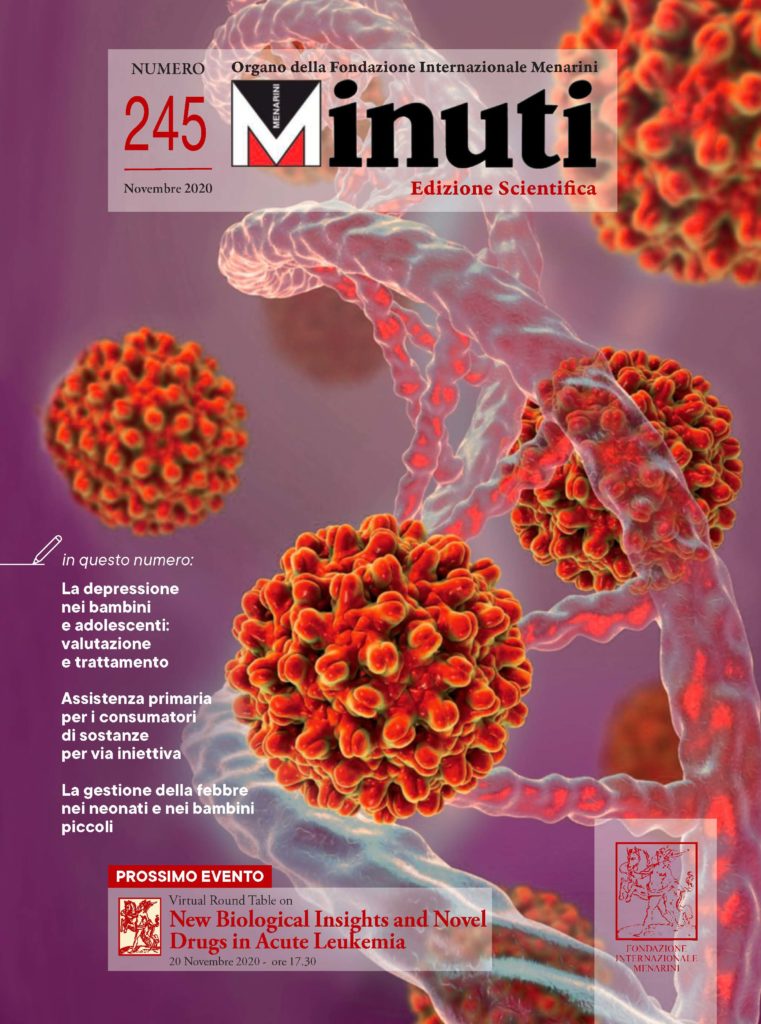
Syncope: Evaluation and Differential Diagnosis
di Dr. Max Bayard, Dr. Fereshteh Gerayli, Dr. James Holt • June 2024
Syncope is an abrupt, transient, and complete loss of consciousness associated with an inability to maintain postural tone; recovery is rapid and spontaneous. The condition is common, resulting in about 1.7 million emergency department visits in 2019. The immediate cause of syncope is cerebral hypoperfusion, which may occur due to systemic vasodilation, decreased cardiac output, or both. The primary classifications of syncope are cardiac, reflex (neurogenic), and orthostatic. Evaluation focuses on history, physical examination (including orthostatic blood pressure measurements), and electrocardiographic results. If the findings are inconclusive and indicate possible adverse outcomes, additional testing may be considered. However, testing has limited utility, except in patients with cardiac syncope. Prolonged electrocardiographic monitoring, stress testing, and echocardiography may be beneficial in patients at higher risk of adverse outcomes from cardiac syncope. Neuroimaging should be ordered only when findings suggest a neurologic event or a head injury is suspected. Laboratory tests may be ordered based on history and physical examination findings (e.g., hemoglobin measurement if gastrointestinal bleeding is suspected). Patients are designated as having lower or higher risk of adverse outcomes according to history, physical examination, and electrocardiographic results, which can inform decisions regarding hospital admission. Risk stratification tools, such as the Canadian Syncope Risk Score, may be beneficial in this decision; some tools include cardiac biomarkers as a component. The prognosis of patients with reflex and orthostatic syncope is good; cardiac syncope is more likely to be associated with adverse outcomes.
(Am Fam Physician. 2023; 108(5):454-463. Copyright © 2023 American Academy of Family Physicians.)
(Am Fam Physician. 2023; 108(5):454-463. Copyright © 2023 American Academy of Family Physicians.)
Related Articles
Acute Monoarthritis: Diagnosis in Adults
di
Dr. Jeremy Swisher, Dr. Zachary Sitton, Dr.ssa Kimberly Burbank, Dr. Chris Nelson
November 2025
Highlights
di
Aaron Saguil, Matthew V. Fargo
∙
February 2021







